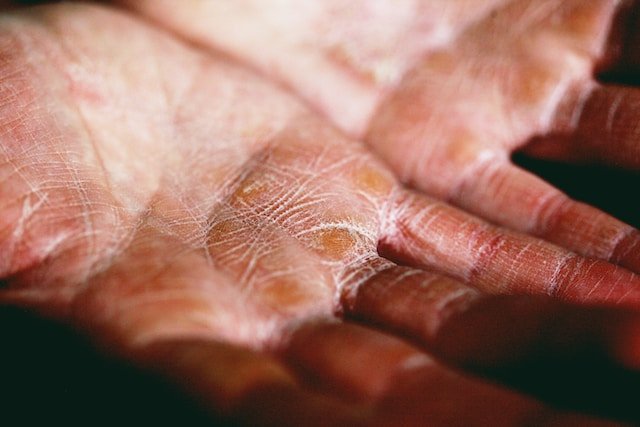Eczema, also known as atopic dermatitis, is a chronic skin condition that affects millions of people worldwide. It is characterized by red, itchy, and inflamed patches of skin that can occur anywhere on the body, but commonly appear on the hands, feet, face, and neck. While Eczema 濕疹 may seem like a minor inconvenience to some, it can be a highly problematic condition for those who suffer from it.
One of the most problematic aspects of eczema is the physical discomfort it causes. The itching and inflammation can be incredibly intense, making it difficult for those with eczema to focus on anything else. This can be especially problematic for children who may struggle to concentrate in school or for adults who may have trouble sleeping at night. In severe cases, the itching can be so severe that it can lead to bleeding, cracking, and even infection.
Eczema can also be highly problematic from a social perspective. The visible nature of the condition, particularly when it occurs on the face or neck, can cause those with eczema to feel self-conscious and embarrassed. This can lead to social isolation and even depression. In some cases, people with eczema may avoid social situations altogether to avoid the embarrassment and discomfort associated with their condition.
In addition to the physical and social consequences of eczema, the condition can also be financially burdensome. Treatments for eczema, such as prescription medications and specialized skincare products, can be expensive. Moreover, because eczema is a chronic condition, those with eczema may need to continue using these treatments indefinitely, leading to ongoing expenses.
Another problematic aspect of eczema is the impact it can have on mental health. The chronic nature of the condition, coupled with the physical discomfort and social stigma, can lead to anxiety and depression in some people. Moreover, the lack of a cure for eczema can lead to feelings of hopelessness and despair in those with the condition.
Finally, eczema can be problematic from a practical perspective. The condition can make it difficult for those with eczema to perform everyday tasks, such as cooking, cleaning, and even dressing themselves. The discomfort associated with eczema can also make it difficult for people to participate in physical activities, leading to a sedentary lifestyle that can have negative impacts on overall health and well-being.
In conclusion, eczema is a highly problematic condition that can have a significant impact on physical, social, financial, mental, and practical aspects of a person’s life. While there are treatments available for eczema, there is no cure, and those with the condition may struggle with it for their entire lives. It is important for those with eczema to seek out support from healthcare professionals, as well as friends and family, to help them manage the many challenges associated with this condition.






